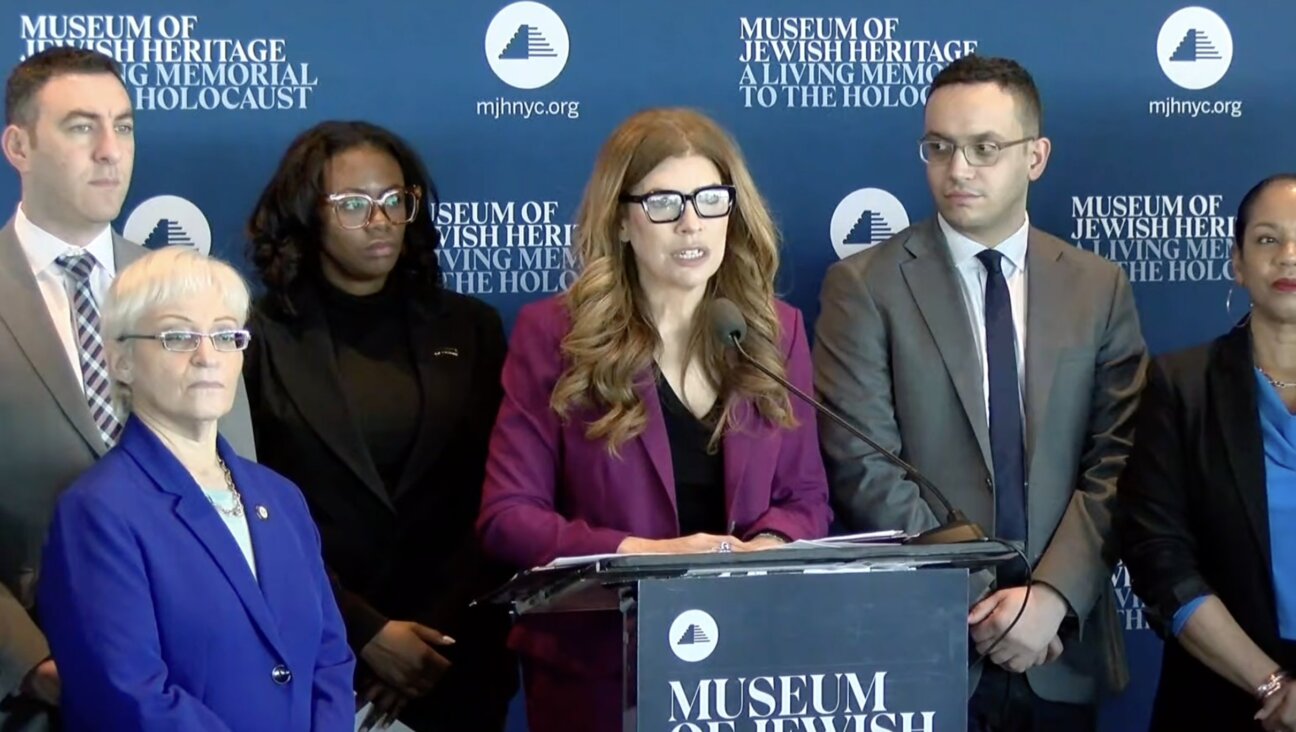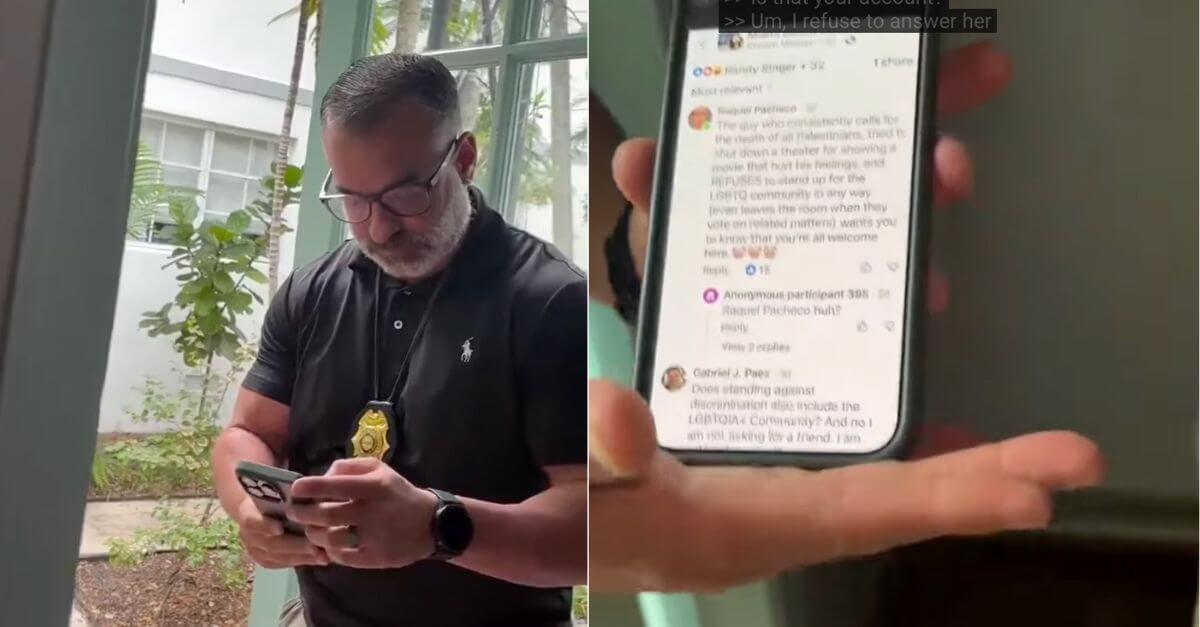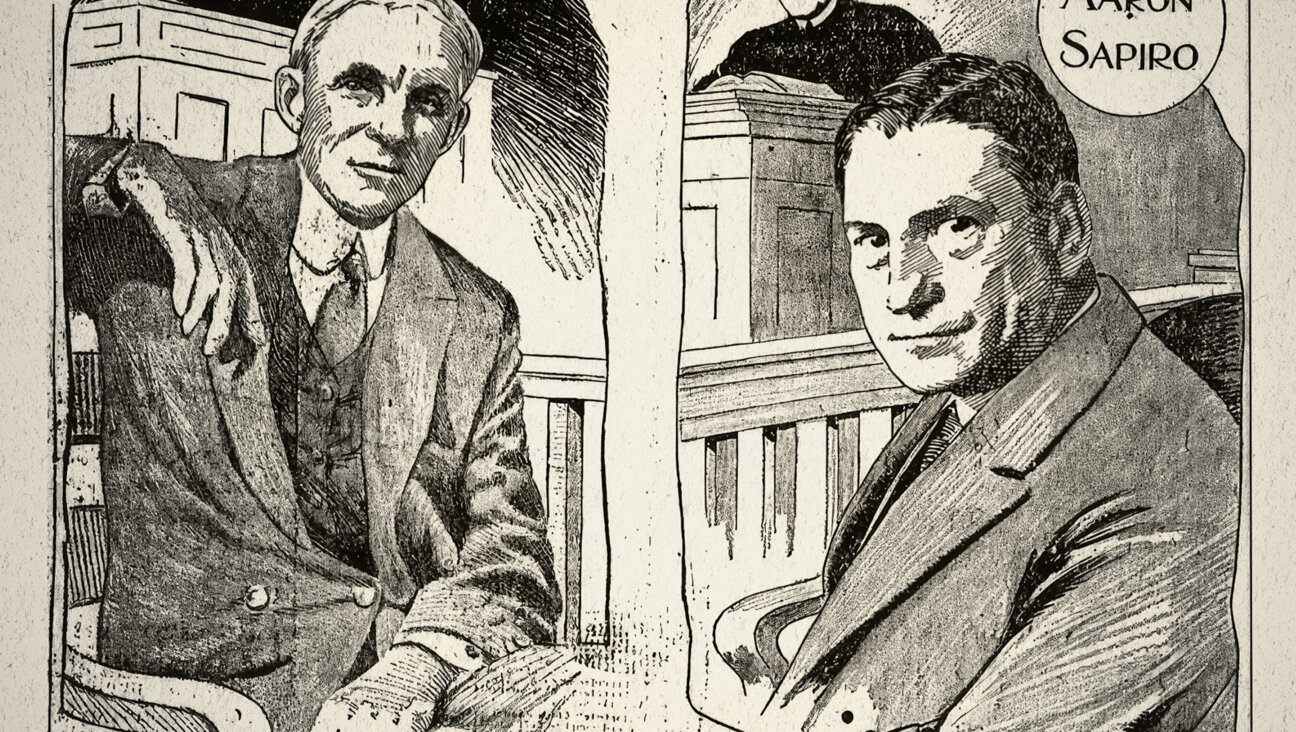Making It Our Own
Late in Naso, this week’s portion from the Book of Numbers, we find Judaism’s most famous blessing. Beginning at verse 6:22, we read the following, in the version of King James:
And the Lord spake unto Moses, saying, Speak unto Aaron and unto his sons, saying, On this wise ye shall bless the
children of Israel, saying unto them,
The Lord bless thee, and keep thee:
The Lord make his face shine upon thee, and be gracious unto thee:
The Lord lift up his countenance upon thee, and give thee peace.
This is known as the Priestly Blessing, the Birchat Kohanim: the blessing of the desert’s Tabernacle, and later of the Temple, by which the Kohanic or priestly class — descendants of the first priest, Aaron, Moses’ brother — confers God’s grace upon the children of Israel. The ritual attending its offering is performed daily in many synagogues in Israel, and worldwide every Sabbath, on Rosh Hashanah and Yom Kippur, and those holidays whose observances have been derived from Temple practice: Passover, Shavuot and Sukkot.
Naso’s text of the Priestly Blessing is the earliest biblical text yet found by archaeologists, having been uncovered on burial scrolls dating from the First Temple Period, in Jerusalem’s Hinnom Valley, just outside the Old City’s walls. I first came to know the Priestly Blessing’s ritual one morning in 1993, at the age of 13. I was a student at the Hebrew Academy of Atlantic County, in New Jersey; my teacher was Rabbi Mordechai Weiss.
Recognizing a Cohen as a Kohen newly permitted to offer this blessing thanks to a bar mitzvah the previous Sabbath, Weiss called me out the following Monday from the room we used for prayers. Standing with us in the school’s hallway was my requisite Levite, a descendant of the class once biblically responsible for the upkeep of the Temple, ministering to Judaism’s largest caste, that of Israelites, or Israelim. Weiss led us to the cramped bathroom whose one window the rabbis often opened, through which to smoke a cigarette during inclement weather. I was told to remove my shoes; the Levite — whom we will call R. Gottlieb — turned on the sink’s tap and, with a small pitcher filled with water, began to wash my hands. My shoes were docksiders, but Gottlieb always wore Air Jordans — I was always jealous. Weiss dismissed him, then told me to cover my head with the tallit I’d just received from my parents; I was blind now, bumping my way down the hall back to prayers.
I stood at the table by the ark. Before I was to close my eyes, I’d been told to splay my fingers, each hand into three sections, forming a letter Shin (representing Shadai, a mystical name of God) with each: The thumb should be separated from the fore and middle fingers, which are held together, as are the ring and pinkie fingers; the two sets of fores and middles are then joined, as are the two thumbs, to form a diamond, which should be placed upon the forehead. The cantor, whose name that day was M. Trocki (whose relatives were the school’s sole financial support), intoned Naso’s blessing. I repeated after him, swaying back and forth. “Today I am a man,” I thought — a very, very old and lonely man.
But this is only the physical, apparent ritual: The mentality of this blessing has a condition all its own. I was to focus my entire being on blessing my classmates. Despite how they taunted me at lunch and recess, that morning I was to be their channel, a conduit for grace. They in turn were told to look away, to remove their eyes from God’s presence that would manifest between my hands (no less a commentator than Rashi holds that the Godhead, or Shechinah, alights upon a blessing priest). I was supposed to be a vessel, then, and this was later proved through language: In Hebrew, as Weiss later noted, the word for “vessel,” kabbalistically signifying the primeval vessel shattered at the time of Creation, is “kli” (kaf, lamed, yod), which can be read as an acronym for Judaism’s three classes: Kohanim, Leviim, and Israelim; it is only when we are all together, he said, that our vessel is repaired, and strong. That afternoon I was told by Gottlieb to think of Mr. Spock of “Star Trek” — otherwise known as Leonard Nimoy — whose Vulcan salute derived from the formation of the Kohen’s hands: “Live long and prosper.” I just wanted to survive the week.
I have since offered this blessing many times, always when asked, always with trepidation. Hidden under my tallit, I think of many things: Do my socks match? I hope no one steals my shoes…. Indeed, what goes on under the Kohen’s tallit is what goes on outside it: in the minds and hearts of every person earnestly at prayer. We are perpetually distracted. We are perpetually hopeful, perennially unsure. We are both focused and, at the same time, trying to focus. Indeed, the condition of our prayer is often the cause of our prayer — we are lost; beyond the succor of any priest, beseeching mercy, eager for peace.
Joshua Cohen will publish two books this year: “Aleph-Bet: An Alphabet for the Perplexed,” with Michael Hafftka (Six Gallery Press), and “A Heaven of Others” (Starcherone Press).















